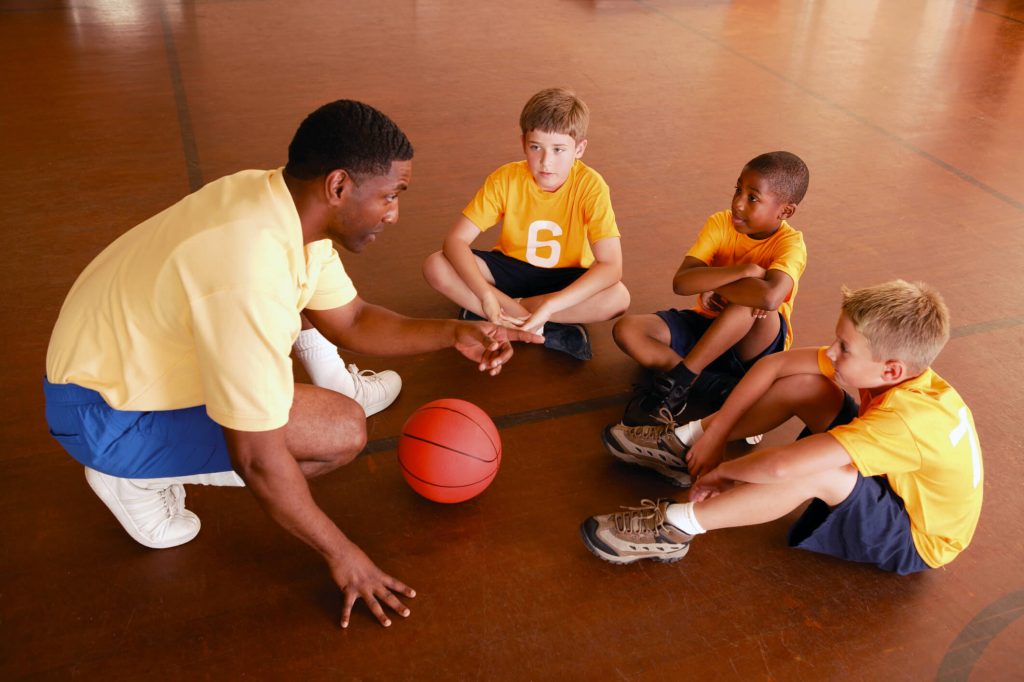What is the Role of a Sports Coach?

Sport is an extremely important part of everyone’s life. Sport encourages community spirit and offers players and fans a greater sense of purpose, in addition to improving the economy by billions per year. Some people engage in sports for the sake of having fun, while others see it as a vital part of their lives and aspire to improve continuously.
Sports coaching is the process of inspiring, directing, and preparing a person in preparation for a sport, profession, or event. Coaches are used by most professional athletes to help them practice and play.So they don’t have to be a pro coach to employ one. It’s a common misconception that only professional athletes will profit from sports coaching.
What is the role of a sports coach?
- Beginners are taught the rules, strategies, and tactics.
- Providing a neutral view to assist teams and individuals in improving their results.
- Helping top-level players cope in a highly competitive world of tremendous pressure.
Although the relationship between coaching may appear similar to that between the instructor and the student, it is often more connected. Coaches may participate in the work of their life, especially in cases where athletes move to a professional level of sports. There must be a solid, professional, and mutual respect-based relationship between coach and athlete.
People might consider hiring a sports coach.
- New sport starting: Starting a new sport is an excellent way of meeting new people, opening up new opportunities, and improving their mental and physical health. Sports coaches may be hired to teach everybody the fundamental rules of a sport. So, if they want to play tennis but never have a racket. Before advancing to a higher level, the coach will ensure that they understand the fundamental aspects of the sport.
- Improve the game: The fundamentals of various sports can only be taught in sports coaching by the tip of the iceberg. Once people are aware of the rules and techniques, they will be able to decide whether they want to seriously try it. People will want to expand on that if people feel that they have a natural talent and enjoyment for their chosen sport.
- Professional advancement: only a few people are playing their sports at their professional level, which takes a great deal of talent, effort, enthusiasm and commitment. Individuals with high potential levels are also encouraged to employ a sports coach to drive them further. Many sports coaches themselves have experience in professional sports, so they know what they need to do it.
- Disability sports coaching: Disabled people can face greater barriers to participation than non-disabled individuals can. Coaching can help avoid these obstacles by promoting an inclusive and friendly atmosphere for sports and physical activity. The choice between access to a disability or mainstream sports should be for all disabled people.
- Children’s sports coaching: If the children are interested in sport, they may consider recruiting a sports coach to support or help their team advance to a higher standard. Sport coaches in schools are also increasingly used to provide teachers with specialized skills and experience.





